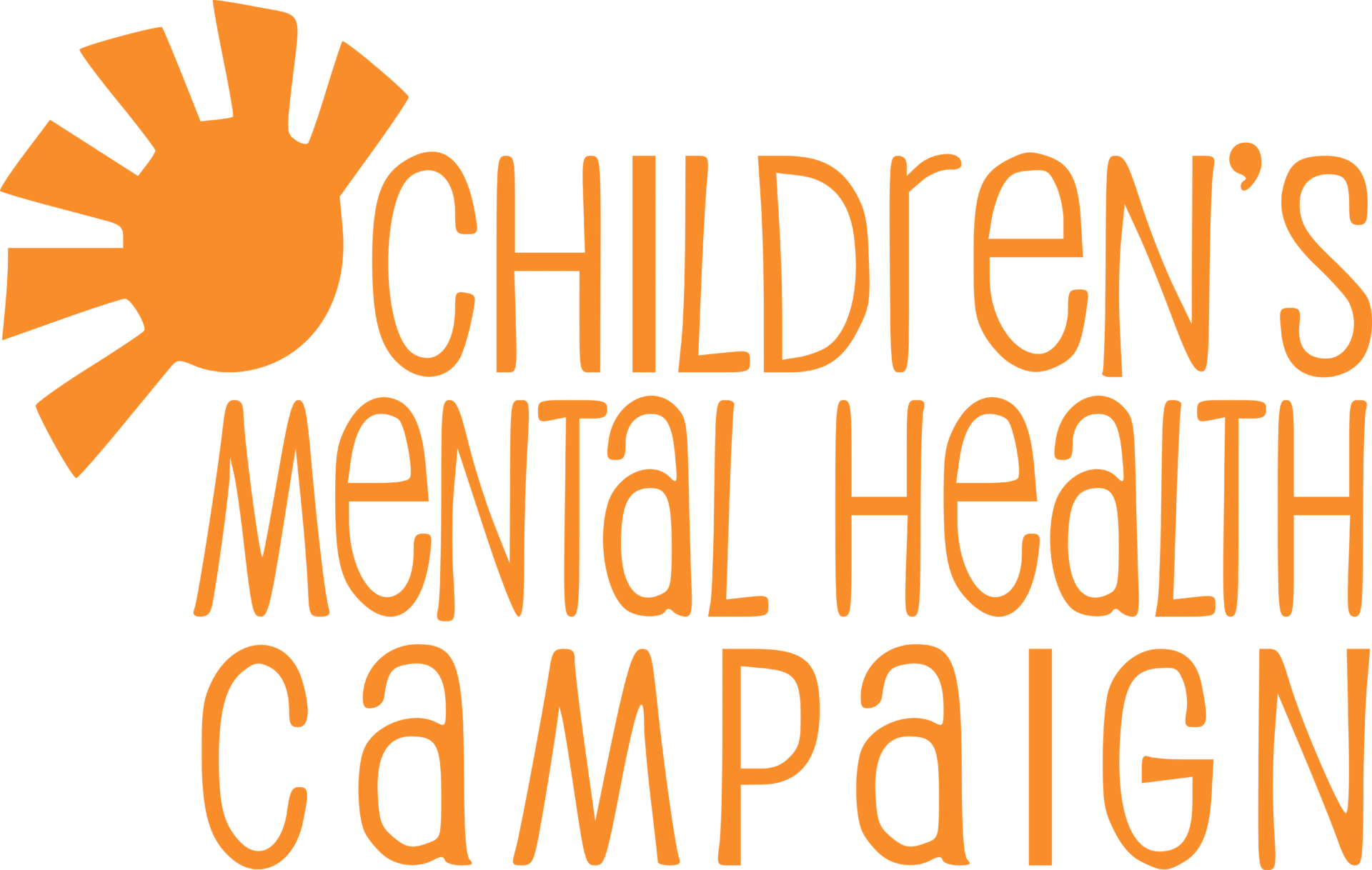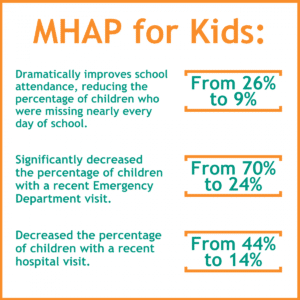The Children’s Mental Health Campaign works to address the behavioral health needs of court-involved youth and youth in the juvenile justice system.
The majority of court-involved youth experience some form of trauma before entering the legal system and require access to appropriate and timely behavioral health services. CMHC supports efforts to ensure the legal system is equipped to respond to youth in a manner that is both humane and age-appropriate.
Mental Health Advocacy Program for Kids
Health Law Advocates’ (HLA) Mental Health Advocacy Program for Kids (MHAP 4 Kids) aims to ensure children with high risk factors have access to the mental health care and services they need, removing barriers to treatment, and diverting children from initial or further involvement with the juvenile justice system. This growing network of attorneys, embeds high skilled advocates into Massachusetts Family Resource Centers. MHAP for Kids is a highly effective model for increasing access to mental health care, educational support, and other critical resources and services for youth. MHAP for Kids is a proven model for improving the overall wellness of children and families. HLA’s ultimate goal is replicate and sustain the model program in a way that benefits all children across the Commonwealth.
To learn about the services MHAP for Kids provides,
visit Health Law Advocates.
2020 MHAP For Kids Update
2020 MHAP For Kids Update
MHAP for Kids has released data collected from parents/guardians about the harmful impacts the pandemic is having on their children’s mental health and remote learning experience. When schools across the Commonwealth shifted to remote learning due to the public health crisis, MHAP for Kids’ staff attorneys spoke to families each week about their experiences with remote learning and with their youth’s mental and behavioral health symptoms. During the period from May 8, 2020 to June 24, 2020, 48 MHAP for Kids’ families filled out weekly logs to share their experiences. Researchers from the Boston University School of Public Health analyzed the data and plan to publish their report in January 2021. See below for a snapshot of their findings.
- 60% of parents and guardians rated their youth’s mental health at or below a score of 5 on a scale of 0-10 where 0 is the worst and 10 is the best possible mental health.
- The vast majority (96%) of parents reported observing social, emotional, and or behavioral challenges. The average family reported 3 challenges per week.
- Qualitative comments provided by families suggest that youth social, emotional, and behavioral challenges were made worse during COVID-19.
- 67% of families reported increased symptoms of anxiety.
JUVENILE JUSTICE
Studies show that, in the United States, 65-70% of justice-involved youth has a diagnosable mental health disorder. Consideration of developmental and environmental factors including trauma, mental health conditions and substance use disorders must be taken into account when it comes to the imposition of appropriate consequences in criminal proceedings.
The growing body of scientific evidence regarding developmental differences between adolescents and adults is now widely accepted and has informed decisions by both the US Supreme Court and the MA Supreme Court in which they establish legal distinctions regarding in the criminal culpability of adults and juveniles. Paramount among those distinctions is the capacity for change.
CMHC is dedicated to interrupting the school-to-prison pipeline that is fueled by zero-tolerance disciplinary policies and which disproportionately impacts students of color. We’re advocating for programs and policies that provide support to students and schools and ensure the behavioral health needs of children are met.
These efforts also include support for the Massachusetts Child Psychiatry Access Program (MCPAP) and Massachusetts Child Psychiatry Access Program for Autism Spectrum Disorder and Intellectual Disabilities (MCPAP for ASD-ID). MCPAP and MCPAP for ASD-ID provides social workers and mental health counselors who staff the Massachusetts Mobile Crisis and Emergency Services Program and help families evaluate what is contributing to the challenging behaviors that have resulted in a crisis, immediately putting into place behavioral interventions that will help stabilize the youth.

